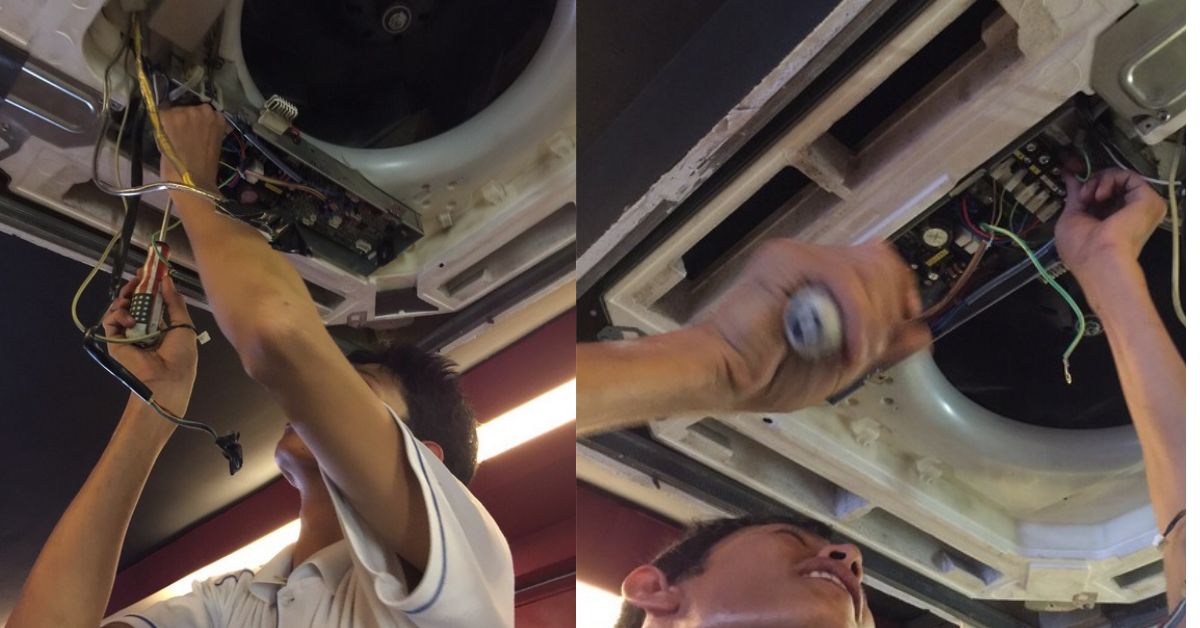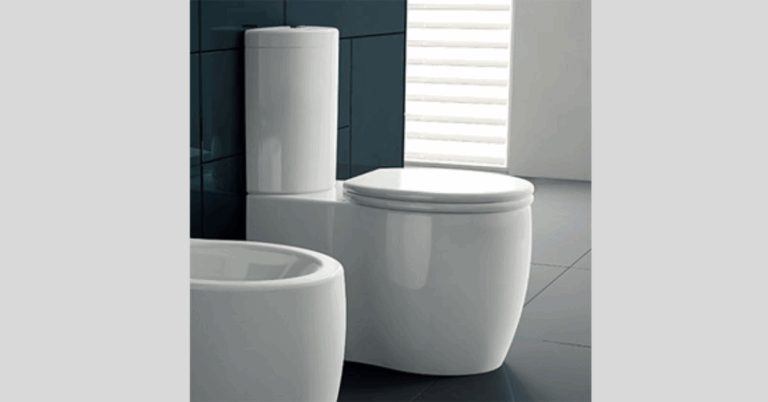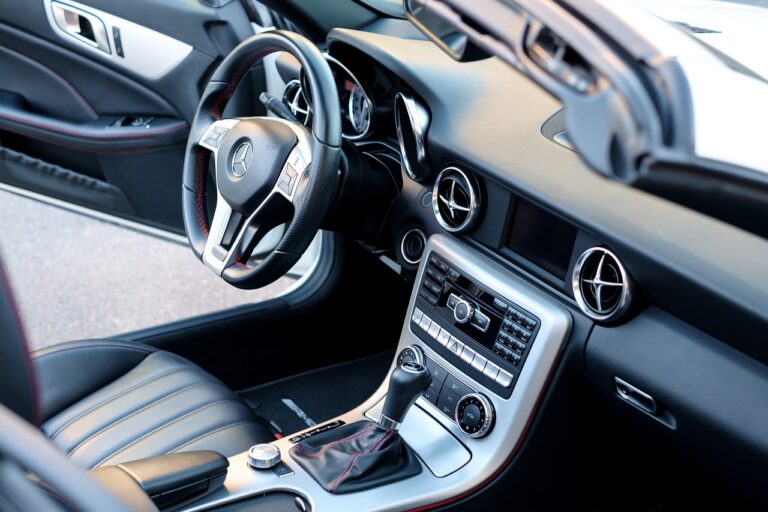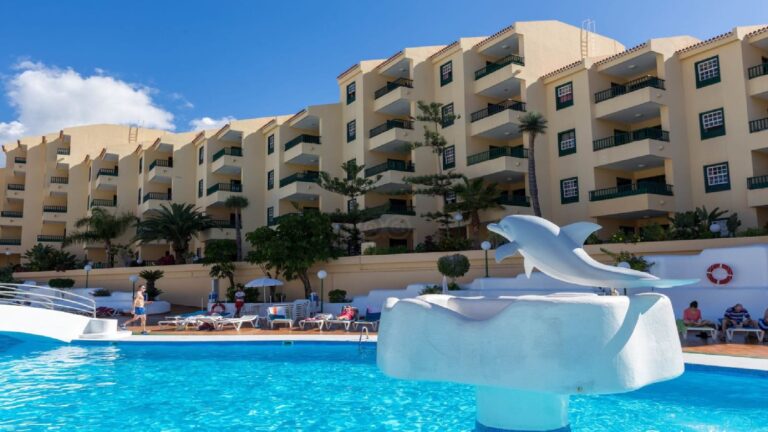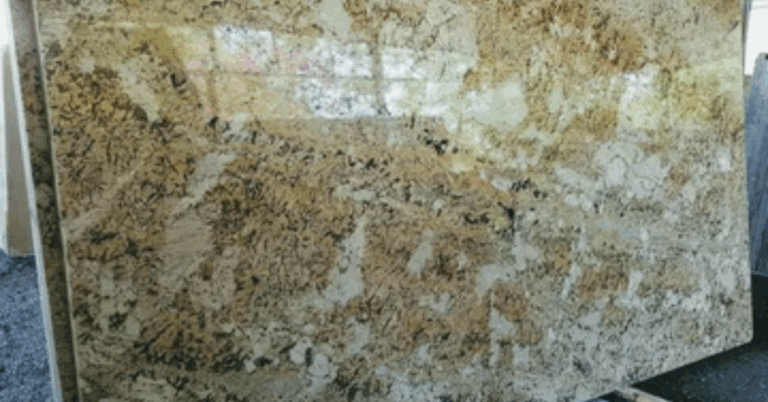Aircon Repair: A Comprehensive Guide to Keeping Your Air Conditioner in Top Shape
Air conditioners are essential for maintaining comfort in homes and offices, especially in hot and humid climates. Over time, even the best air conditioning units can encounter problems that reduce their efficiency or cause them to stop working altogether. Aircon Repair involves diagnosing and fixing these issues to restore the unit’s functionality and improve its performance. In this comprehensive guide, we’ll explore common aircon problems, the repair process, and how to maintain your unit to prevent future breakdowns.
Why Aircon Repair Is Important
An air conditioning unit that isn’t working properly can lead to discomfort and increased energy bills. When an air conditioner operates inefficiently, it consumes more energy to provide the same level of cooling, leading to higher costs and more wear and tear on the unit. Prompt repair helps:
- Restore Efficiency: Fixing faulty components ensures the aircon runs at its optimal performance.
- Extend Lifespan: Regular repairs and maintenance can increase the life of the unit.
- Improve Air Quality: A malfunctioning unit may circulate dust, mold, and allergens.
- Reduce Energy Bills: A well-functioning aircon consumes less energy, lowering utility costs.
- Prevent Major Issues: Addressing minor issues early can prevent them from becoming more expensive problems.
Common Aircon Problems and How to Fix Them
1. Aircon Not Cooling Properly
One of the most common issues with air conditioning units is insufficient cooling. Several factors can cause this problem:
- Clogged Air Filters: Dust and debris in the air filter can block airflow, reducing cooling efficiency.
- Low Refrigerant Levels: If the refrigerant level is low, the unit cannot cool properly. This may indicate a leak that needs to be repaired.
- Dirty Condenser Coils: Dirt and debris on the coils can prevent proper heat exchange, reducing the unit’s ability to cool.
- Blocked Vents: Obstructions in the vents or ducts can limit airflow, affecting cooling efficiency.
Solution:
- Clean or replace the air filters regularly.
- Check for refrigerant leaks and recharge if necessary.
- Clean the condenser coils and remove any debris.
- Ensure that vents and ducts are clear of obstructions.
2. Aircon Leaking Water
Water leakage is a common problem that can lead to damage to walls and floors. It usually results from:
- Clogged Drain Pipe: When the drain pipe is clogged, condensation cannot drain properly, causing leaks.
- Frozen Evaporator Coils: Low refrigerant levels or poor airflow can cause the coils to freeze and leak water when they melt.
- Improper Installation: Incorrect installation can cause water to accumulate and overflow.
Solution:
- Clear the drain pipe of any blockages.
- Check and repair refrigerant levels to prevent coil freezing.
- Ensure proper installation and leveling of the unit.
3. Aircon Making Unusual Noises
Loud or unusual noises can indicate mechanical issues:
- Grinding Noise: This may be due to worn-out motor bearings.
- Buzzing Sound: Loose parts or electrical issues can cause a buzzing sound.
- Whistling Noise: This could be caused by a refrigerant leak or an airflow restriction.
Solution:
- Tighten any loose components.
- Replace worn-out motor bearings.
- Check for refrigerant leaks and repair them.
- Clean air filters and vents to ensure proper airflow.
4. Aircon Emitting Bad Odors
A foul smell from the air conditioner can be due to:
- Mold or Mildew: Moisture buildup can lead to mold growth in the unit or ducts.
- Burning Smell: Electrical issues or overheating components can produce a burning odor.
- Clogged Drain Pipe: Stagnant water can cause a musty smell.
Solution:
- Clean the unit and ducts to remove mold and mildew.
- Inspect and repair electrical components.
- Unclog and clean the drain pipe.
5. Aircon Constantly Turning On and Off
If the aircon cycles on and off too frequently, it can increase wear and tear:
- Thermostat Issues: A faulty thermostat may not be accurately reading the temperature.
- Dirty Coils or Filters: Poor airflow can cause the unit to overheat and shut down.
- Electrical Problems: Faulty wiring or control board issues can lead to erratic cycling.
Solution:
- Test and recalibrate or replace the thermostat.
- Clean the coils and filters regularly.
- Inspect the wiring and control board for faults and repair them.
Steps Involved in Professional Aircon Repair
1. Initial Inspection and Diagnosis
A professional technician will:
- Inspect the unit for visible damage.
- Check refrigerant levels and pressure.
- Test the thermostat and electrical components.
2. Cleaning and Maintenance
- Clean the air filters, coils, and vents.
- Remove debris and dirt from the condenser and evaporator coils.
- Flush the drain pipe and check for any obstructions.
3. Repair and Replacement
- Repair or replace damaged components (e.g., motor bearings, fans, coils).
- Fix refrigerant leaks and recharge if necessary.
- Repair any faulty wiring or control boards.
4. Final Testing and Calibration
- Test the unit to ensure proper functioning.
- Calibrate the thermostat for accurate temperature control.
- Check for consistent airflow and cooling efficiency.
Preventive Maintenance Tips
Regular maintenance can prevent many common issues and extend the life of your aircon unit:
Clean or Replace Air Filters Monthly – Dirty filters restrict airflow and reduce efficiency.
Schedule Professional Maintenance Annually – A professional can identify and fix potential problems early.
Keep the Area Around the Outdoor Unit Clear – Ensure there are no obstructions to airflow.
Inspect the Drain Pipe Regularly – Keep the pipe clear to prevent water leakage.
Monitor Refrigerant Levels – Low levels indicate a leak that needs to be addressed.
FAQs About Aircon Repair
1. How often should I service my aircon?
It’s recommended to service your aircon at least once a year to ensure it operates efficiently and to prevent major issues.
2. What are the signs that my aircon needs repair?
Signs include reduced cooling, unusual noises, water leakage, foul odors, and increased energy bills.
3. Can I repair my aircon myself?
You can handle basic maintenance like cleaning filters and vents, but complex repairs involving refrigerant, wiring, or motor components should be handled by a professional.
4. Why is my aircon freezing up?
Freezing can be caused by low refrigerant levels, poor airflow, or dirty coils. It’s important to identify the cause and fix it promptly.
5. What should I do if my aircon is leaking water?
Check the drain pipe for blockages and clean it. If the problem persists, consult a professional to inspect the unit.
6. How can I improve my aircon’s efficiency?
Regularly clean the filters, keep the area around the unit clear, and ensure the thermostat is functioning properly.
Conclusion
Aircon repair is essential for maintaining a comfortable indoor environment and ensuring energy efficiency. Understanding common issues, the repair process, and preventive maintenance can help keep your air conditioner in top shape. Regular servicing and prompt repair of minor problems can prevent costly breakdowns and prolong the lifespan of your unit. For complex issues, it’s always best to consult a professional technician to ensure the job is done right.
Read More

